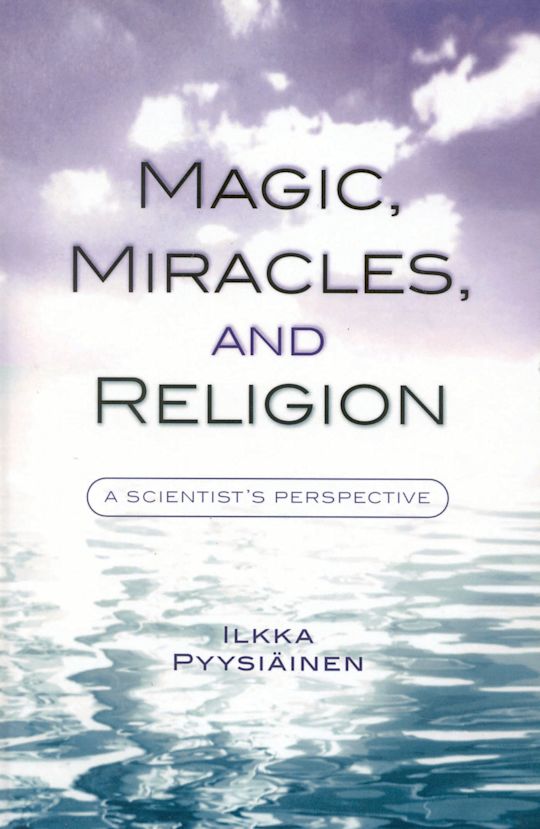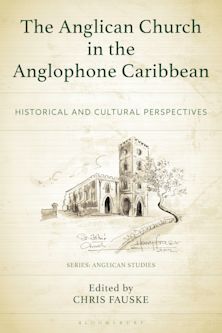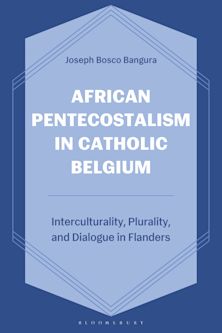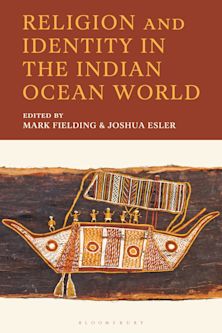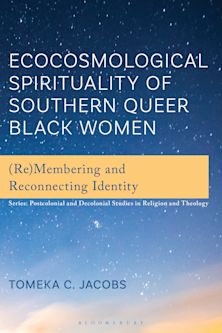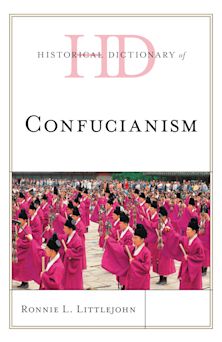- Home
- ACADEMIC
- Religious Studies
- Religious Studies - Other
- Magic, Miracles, and Religion
This product is usually dispatched within 3 days
- Delivery and returns info
-
Free US delivery on orders $35 or over
You must sign in to add this item to your wishlist. Please sign in or create an account
Description
Can scientists study religion? Ilkka PyysiSinen says that they can. While the study of religion cannot be reduced to other disciplines, it must not ignore what other disciplines have learned about human thought and behavior. In this collection of essays, PyysiSinen shows how findings from cognitive science can offer new directions to debates in religion. After providing a historical and theoretical overview of the cognitive science of religion, PyysiSinen demonstrates how knowledge of the mind's workings can help deconstruct such concepts as 'god,' 'ideology,' 'culture,' 'magic,' 'miracles,' and 'religion.' For scholars of religion or for scholars of the mind-brain, Magic, Miracles, and Religion provides a helpful overview to this emerging field.
Table of Contents
Product details
| Published | Jun 01 2004 |
|---|---|
| Format | Paperback |
| Edition | 1st |
| Extent | 298 |
| ISBN | 9780759106635 |
| Imprint | AltaMira Press |
| Dimensions | 9 x 6 inches |
| Series | Cognitive Science of Religion |
| Publisher | Bloomsbury Publishing |
About the contributors
Reviews
-
Ilkka Pyysiäinen's scientific unweaving of magic, miracles, and religion illuminates these universal creations of the human imagination in ways that render them even more awesome to behold.
Scott Atran, Centre National de la Recherche Scientifique Paris, France
-
Considering the inter-disciplinary nature of this text it is fair to say that it will prove useful to a variety of audiences. Scholars of phenomenology, folklore, the social sciences and humanities, as well as of Pyysiäinen's area of speciality (cognitive science), would all benefit from a consideration of this text.
Studies in Religion/Sciences Religieuses
-
In Magic, Miracles, and Religion Pyysiäinen rejects as too subjective approaches to the study of religion directed to obtaining answers to personal religious questions or achieving an empathetic understanding of how it feels to be religious. He explains how an understanding of the cognitive origins of all human behavior can provide a much more sensible explanation of religion, and his analyses, arguments, and case studies provide persuasive accounts of religious thought, behavior, and experience. This is a genuinely new kind of introduction to the study of religion and it holds out promise for a renewal of the field of Religious Studies with an approach to it that has the capacity to integrate the natural sciences with the social sciences and humanities.
Donald Wiebe, University of Toronto








